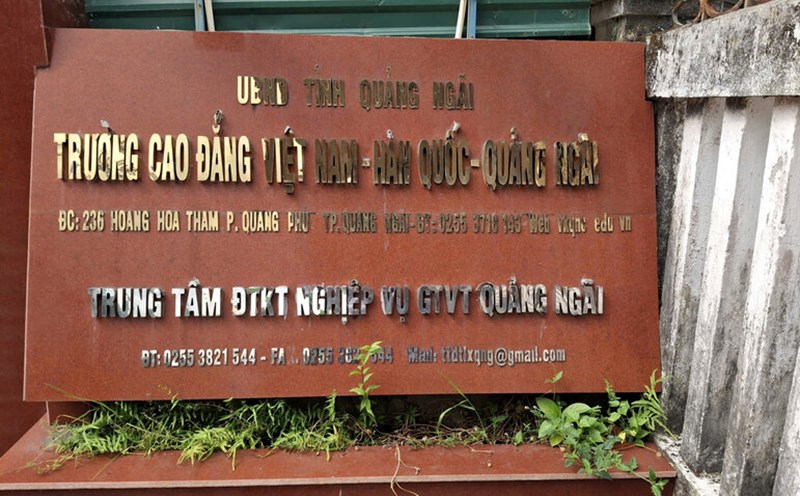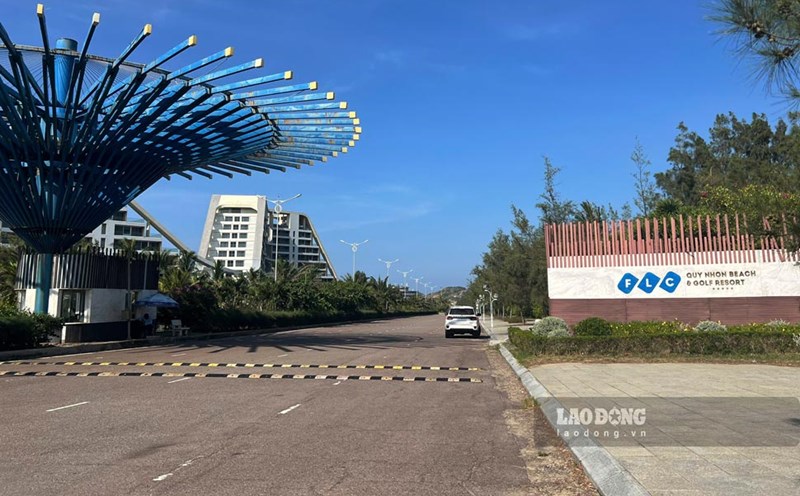On August 13, the UK, France and Germany sent a joint letter to UN Secretary-General Antonio Guterres and the Security Council, declaring their readiness to reimpose UN sanctions on Iran if they do not reach a diplomatic solution before the end of August.
This is a new step in the context of Iran being accused of violating commitments under the Joint Comprehensive Plan of Action (JCPOA) signed in 2015.
The letter, signed by French Foreign Minister Jean-Noel Barrot, David Lammy (UK) and Johann Wadephul (Germany), stated that E3 was committed to using all diplomatic means to prevent Iran from developing nuclear weapons.
If Tehran does not cooperate or does not take advantage of the opportunity to extend negotiations, it will activate a snapback mechanism to restore all sanctions resolutions of the Security Council.
According to the JCPOA, any signer has the right to lift sanctions if it discovers serious violations. E3 accused Iran of accumulating uranium reserves exceeding the permitted limit by more than 40 times and suspended cooperation with the International Atomic Energy Agency (IAEA) after Israeli attacks in June on the country's nuclear facilities. The US also conducted airstrikes during this conflict period.
Iran denies developing nuclear weapons and insists European countries do not have the legal right to restore sanctions. Iranian Foreign Minister Abbas Araghchi has sent a letter to the United Nations opposing the E3 stance, but the three countries have denied the allegations, saying they have clear and undeniable legal basis for action.
E3 affirmed that it will still prioritize negotiation solutions, but emphasized readiness to act if Iran does not comply with its obligations. IAEA said the agency's deputy director general is expected to travel to Tehran to discuss a new cooperation agreement.









